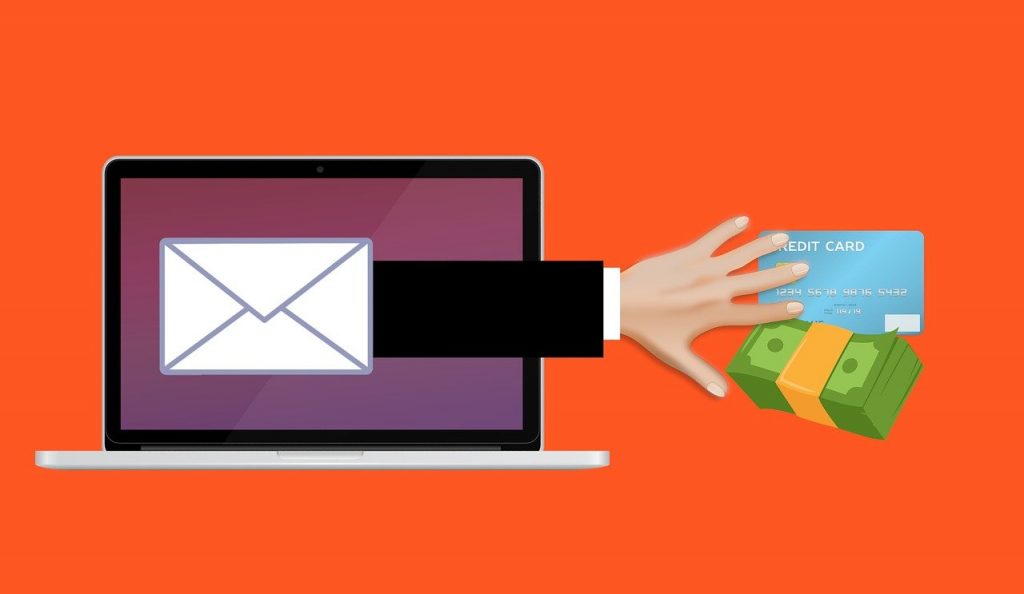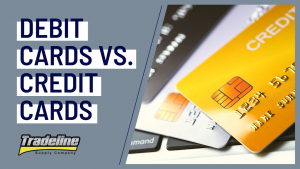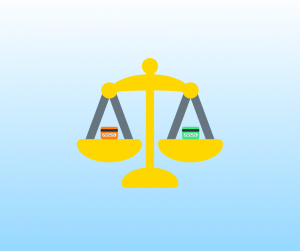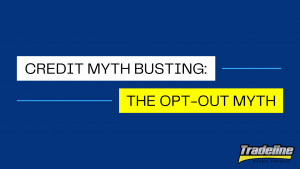Debit vs. Credit Cards: Which Is the Better Way to Pay?

What Is Buy Now Pay Later and How Does It Affect Your Credit?
12/19/2024
How to Improve Your Finances in 2025
01/09/2025 When you are paying for purchases, is it better to use a debit card or a credit card?
When you are paying for purchases, is it better to use a debit card or a credit card?
The answer depends on which features and advantages are important to you. In a Credit Countdown video, credit expert John Ulzheimer compares the pros and cons of credit cards and debit cards in regards to several different metrics, such as fraud protection and credit-building ability.
Read the article about this subject below—then catch the Credit Countdown video at the bottom of the page or on our YouTube channel.
The Basics: How Debit Cards and Credit Cards Work
Credit cards and debit cards may look very similar and feel similar when you make a purchase, but the two payment methods work completely differently.
A debit card is linked to your checking account. When you pay for something using a debit card, the money you spent is being debited directly from your bank account. In other words, you are using your own money to pay for the item immediately.
A credit card is, of course, a form of credit, meaning that you are borrowing someone else’s money. In this case, your lender is the credit card issuer. When you swipe a credit card, you are essentially borrowing money from the bank to pay for the purchase with the agreement that you will pay back the debt, plus any applicable interest charges and fees, later.
Credit cards are revolving credit accounts, which means you have the option to carry a balance from month to month while making only the required minimum payments instead of paying the full balance when you get the bill.
Fraud Protection
If a fraudster gets ahold of your card, which type offers better protection?
With a debit card, fraudulent purchases have already deducted the funds from your checking account, and it may be difficult to get your money back.
If your credit card is stolen, it’s the bank’s money that is directly at risk, not yours. Beyond that, credit cards generally have excellent fraud protection policies.
The Fair Credit Billing Act (FCBA) mandates that you, as a consumer, can only be held liable for a maximum of $50 in the event of credit card fraud. Even better, the major credit card networks all offer $0 fraud liability policies, which means nothing has to come out of your pocket if your credit card is used fraudulently.

Credit cards provide strong fraud protection policies to limit your liability if your credit card information gets stolen.
Credit Building
There’s no comparison when it comes to credit building: only credit cards can help you build a credit history. The credit card issuer reports your activity to the credit bureaus, allowing you to accumulate credit age and on-time payment history if you manage the account properly.
The credit limit of your credit card also contributes to your revolving utilization, which may help your credit score as long as there is not a high balance on the account.
Obviously, debit cards are not a form of credit because you are not borrowing money. Therefore, you do not make payments to a lender and so your activity is not reported to the credit bureaus. For this reason, debit cards do not show up on your credit reports and cannot help you build credit.
Spending Capacity (Buying Power)
The buying power of a debit card is limited by how much money you keep in your bank account. It’s not necessarily a good idea to keep a lot of money in your checking account, where it is likely earning very little interest compared to what you could earn by investing the funds elsewhere.
Credit cards, on the other hand, typically provide more buying power because you are only limited by the credit limit set by the credit card issuer, which may be quite generous if you have a decent credit score. Since you do not need to pay off the balance immediately, you do not have to worry about maintaining a large stash of cash in your bank account.
To boost your credit card spending capacity even more, try some of the tips in our article on increasing your credit limit.
Usability
Certain transactions require you to use a credit card or are much easier to complete with a credit card.
This includes many activities related to traveling, such as renting a car or paying for a hotel room. In addition, such businesses may place a temporary “hold” on your account, which is not as much of an issue when you have available credit on your credit card compared to having a hold placed on your checking account, which could cause other transactions to be declined.
Budgetary Control
This is the category where debit cards excel. If you struggle to control your spending and stay within a budget, it’s actually a good thing to have less buying power and no access to credit.
Credit cards, if used correctly, don’t require you to get into credit card debt in order to get the advantages of using a credit card. However, the higher spending limit and the ability to carry a balance can be powerful temptations to buy more than you can afford to pay off.
Summary
So, which payment method wins in your opinion? Use the table below to decide.
| Debit Cards | Credit Cards | |
| Source | Your bank account | The credit card issuer |
| Fraud Protection | Limited | Strong |
| Credit-building Ability | No | Yes |
| Buying Power | Limited to the balance of your bank account | Limited by your credit limit |
| Usability | Limited in some situations | Widely accepted |
| Budgetary Control | Yes | No |
Check out the Credit Countdown video with John Ulzheimer below. Visit our YouTube channel for more information about credit cards and debit cards!





